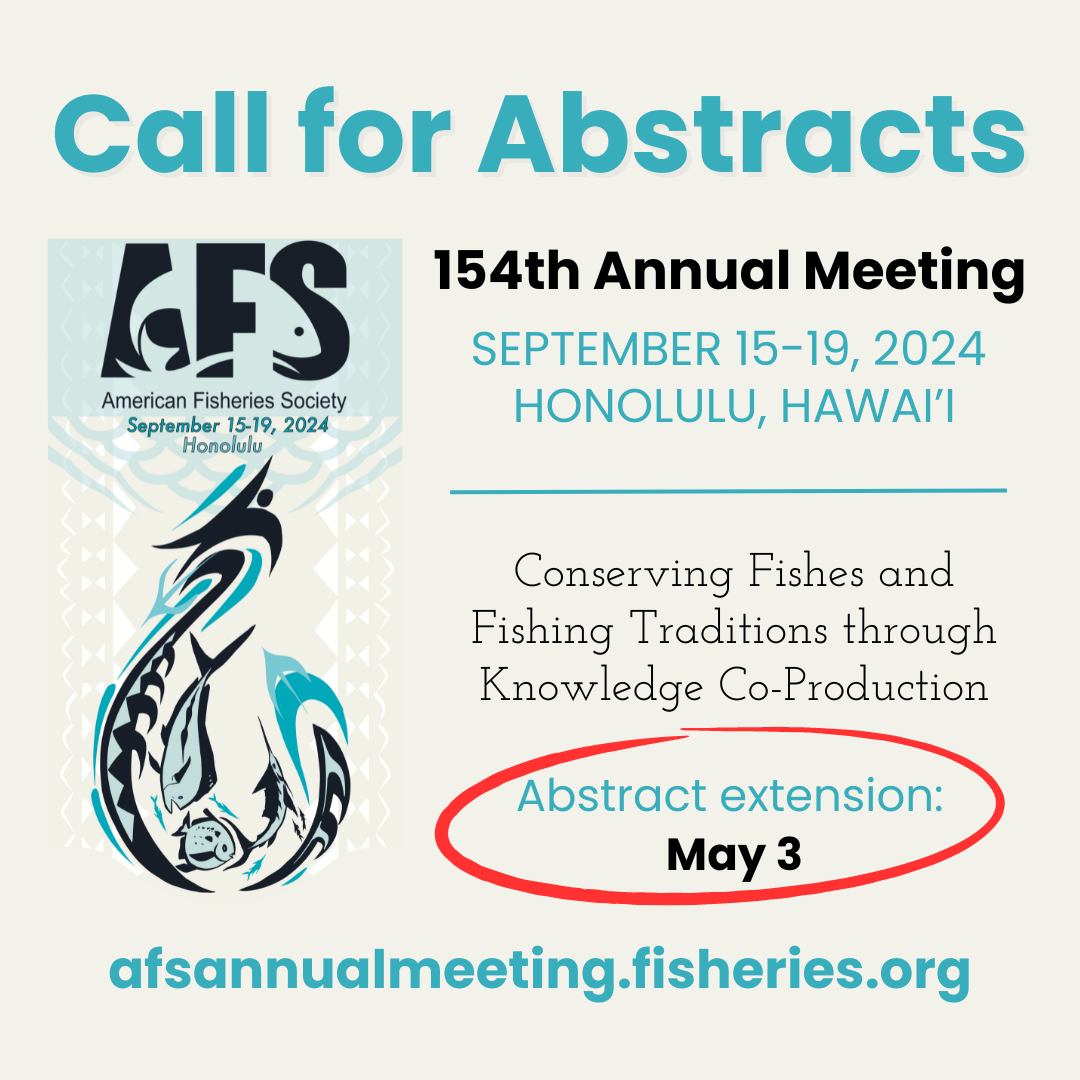Holding an Election
Electing officers will determine, in many ways, the near-term future of your Unit. A successful election depends on the nomination of candidates who exhibit the desired leadership qualities, vision, and willingness to commit the time to serve, as well as the more practical matters of balloting and voting procedures. Unit bylaws/procedures typically stipulate some aspects of holding an election (e.g., when elections are to be held, the number of candidates which must stand for each office, the number of votes which must be cast in order for the election to be valid). For issues not addressed by the Unit bylaws, defer to the AFS Constitution, Rules, and Procedures.
Before accepting a nomination, candidates should be reminded that they should communicate with their employers regarding their nomination. For many fisheries professionals, serving as a Society or Unit officer requires certain declarations and administrative approvals— a particularly important consideration for federal and state/provincial agency employees. Anyone considering serving as a Society or Unit officer should discuss the matter with their employer and, if possible try to serve in an official capacity; it will allow an individual to conduct AFS business during normal working hours and using some employer resources (e.g., email, telephone). If an individual will not be serving in an official capacity, they may need to correspond using personal telecommunications accounts. The employee may need to establish a memorandum of understanding (MOU) between their employer and the Society to address ethics requirements or other considerations. An example MOU may be found in the Procedures manual (see here for details, https://fisheries.org/about/governance/procedures/society-officers/#mou)
The Society and most Units now vote electronically, which is usually easier and faster than paper balloting and typically encourages greater participation. ‘E-voting’ presents a number of potential issues that should be considered prior to holding an election. First, do your bylaws permit electronic voting? If not, discuss the process for incorporating electronic voting measures with the AFS Constitutional Consultant. The AFS Procedures related to electronic voting offer useful guidance regarding conducting electronic voting. Second, consider what electronic balloting/polling system will be used. Survey Monkey is a commonly used tool that can be accessed via AFS headquarters office at no-cost, but others may also be appropriate. Regardless of the tool selected, ensure that the settings are properly configured to prevent non-members from accessing to the poll, duplicate balloting, etc. Although detailed reporting on the fate of motions is routine and appropriate (i.e., how many people voted in favor, voted against, or abstained), consider additional privacy regarding the outcome of elections. Election results will be validated according to Unit bylaws or procedures, as appropriate, to ensure accuracy of the results; publically reporting the number of votes cast for each candidate offers little in terms of validation, but can be damaging to the candidates; for these reasons, it’s recommended that the ballot counts not be disseminated.
After the election is over, the results need to be shared with the membership and AFS headquarters office. Most AFS Sections and Divisions hold elections such that newly elected individuals take office in conjunction with the AFS annual meeting (usually August or September) and the changing of Society officers. Other Units, including many Chapters, change officers at their annual meeting, which may follow a different timeline. Regardless of the timing, be sure to complete a Change of Officer form (see appendix) and submit to AFS headquarters office within 30 days of a change in officers. Chapters should also submit a copy of this form to their Division leadership (Chapter presidents are on the Division Executive Committee).
Society Operational Guidelines
For additional information about Society governance and procedures, see the AFS governance webpage for the AFS mission, strategic plan, and other informative documents. Note especially the procedures (https://fisheries.org/about/governance/procedures/ ) and rules and constitution (https://fisheries.org/about/governance/constitution-and-rules/ ). At the latter link, AFS provides special rules for different types of AFS Units.
Interacting with Your Membership
How a Unit interacts with its members may vary, based on the type of Unit. For example, Divisions and Chapters typically hold annual meetings that are separate from the Society’s annual meeting; most Sections convene their annual business meeting in conjunction with the annual Society meeting. Many Sections coordinate collaborative activities with non-AFS organizations with similar interests (e.g., the Fish Culture Section co-sponsors annual meetings with the U.S. Aquaculture Society and National Shellfisheries Association), whereas Chapters and Divisions work most often within the Society. That said, there is some commonality in how different Units attract and engage their members.
Recruitment
Why should anyone be a member of the American Fisheries Society and/or your Unit? This question is one all Unit leaders should be able to answer convincingly in one or two sentences. Some of the membership benefits include discounted access to fisheries science journals and books, reduced meeting registration rates, academic and travel scholarships to attend annual Unit meetings, other award opportunities, potential page charge waivers for publishing in AFS journals, networking, professional development opportunities, and continuing education courses (see here for details: https://fisheries.org/membership/ ). Unit membership can provide additional benefits, allowing a member to engage with fisheries professionals their geographic region or with those who have similar interests, access to additional award and grant opportunities, and newsletters or other communications related to fisheries science in their region or discipline. Because each Unit offers a suite of unique benefits and services to its members—be sure your leaders are informed and ready to communicate this value to current and prospective members. Additionally, Unit leaders need to be cognizant of members who want to step up and become more active. Failing to respond to or engage volunteers will leave them disillusioned with your Unit and unwilling to offer their help again; furthermore, don’t let those who are willing to give their time and talents go unused or unacknowledged. Unit leaders are encouraged to work with AFS headquarters office to identify members-at-large who have expressed an interest in volunteering via the Application for Committee Assignment (for Society-level committees): https://fisheries.org/about/committees/application-for-committee-appointment/.
Understanding Membership Reports
All Unit presidents and secretaries/treasurers receive from AFS a Microsoft Excel-based report via email containing names and contacts for their Unit’s members in good standing. Reports contain the following information: members’ names and their membership type or status (e.g., general member or life member), address, email, fax, phone, paid through date, bad address code (used if mail/email is being returned), and last update (date when the address was updated). AFS members who paid their Unit dues directly to AFS will automatically be included in those monthly reports. AFS members who paid Unit dues directly to their Unit can be added to the monthly reports when their names are forwarded to AFS membership staff by Unit leaders. Affiliate (chapter only or section-only) membership details can be added to the monthly reports if Unit leaders forward the relevant information to the AFS Membership Coordinator.






